Publications
Articles, publications, books, tools and multimedia features from the U.S. Institute of Peace provide the latest news, analysis, research findings, practitioner guides and reports, all related to the conflict zones and issues that are at the center of the Institute’s work to prevent and reduce violent conflict.
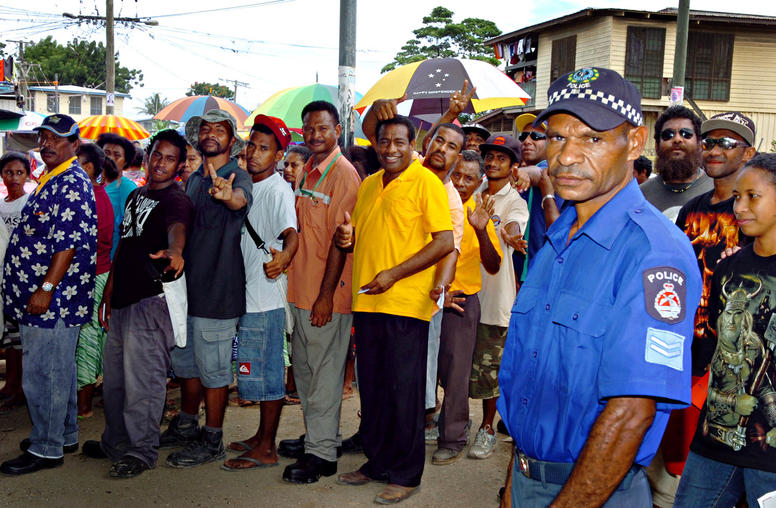
In the Pacific, Corruption and Poor Policing Open a Door to China
After the Pacific’s largest island nation, Papua New Guinea, recently suffered deadly rioting that included police, an official last week announced a Chinese offer to help strengthen its police force. That sequence exemplifies a rising challenge for democracy and stability in the Pacific: Many island nations suffer corruption and deficient policing that undermines the rule of law. This gap in responsive governance lets China seek influence through technical assistance drawn from its authoritarian model of policing. In response, democracies must reshape narrow, outdated approaches to security assistance.
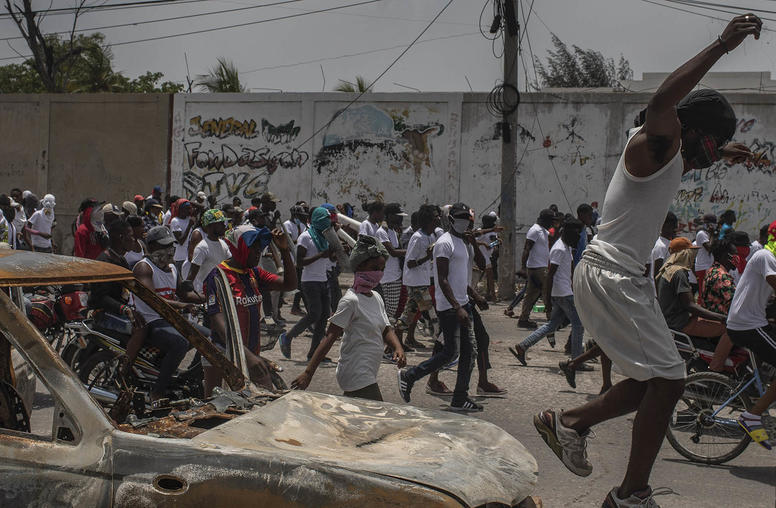
Comment sortir de l'impasse en Haïti
Après la série de crises liées à Haïti l'année dernière - un assassinat présidentiel, un tremblement de terre, une urgence migratoire a la frontière entre Mexique et des États-Unis et une consolidation dramatique de la violence des gangs - les décideurs internationaux ont été confrontés à la possibilité qu'Haïti se trouve dans les premières étapes d'une crise humanitaire à grande échelle. La nouvelle détérioration de la politique haïtienne au cours des premiers mois de 2022 n'a fait que confirmer que le pays a franchi cette sombre étape.
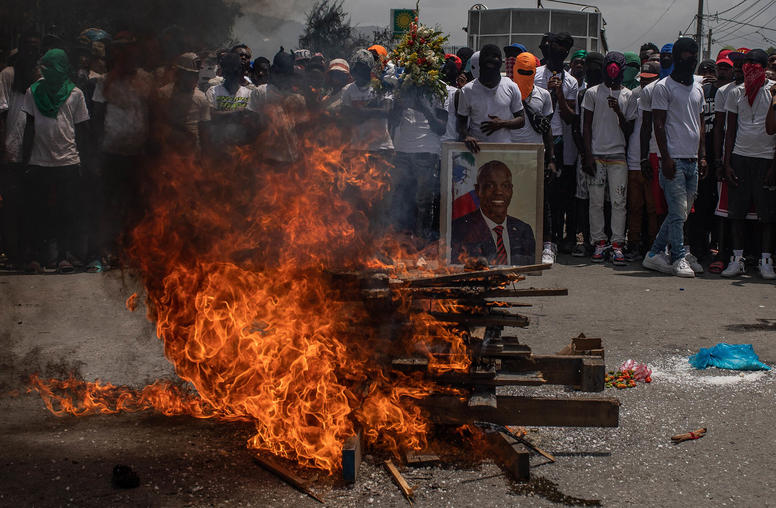
Wanted: A Reset of Haiti Policy
Haiti’s governance vacuum triggered by President Jovenel Moïse’s assassination in July 2021 shows few encouraging signs. Violence, notably around Port-au-Prince, has not only grown in lethality, but politically has become the central issue shaping domestic and international discussions. The imminent expiration of acting Prime Minister Ariel Henry’s term in office on February 7 means Haiti’s political crisis is on course to become more intransigent.

How to Break the Stalemate in Haiti
Following last year’s streak of Haiti-related crises — a presidential assassination, earthquake, a migrant emergency at the Mexico-U.S. border and a dramatic consolidation of gang violence — international policymakers were left grappling with the possibility that Haiti was in the initial stages of a full-scale humanitarian crisis. The further deterioration of the Haitian polity in the early months of 2022 has only confirmed that the country has passed that grim milestone.

China-Colombia Relations are Growing, if Slowly
Colombian President Gustavo Petro’s visit to Beijing in October amounted to a notable — if quite small — step forward for China and Colombia, building on growing trade and other ties, while also laying the groundwork for cooperation on issues, such as media and security, which China has promoted across the region.
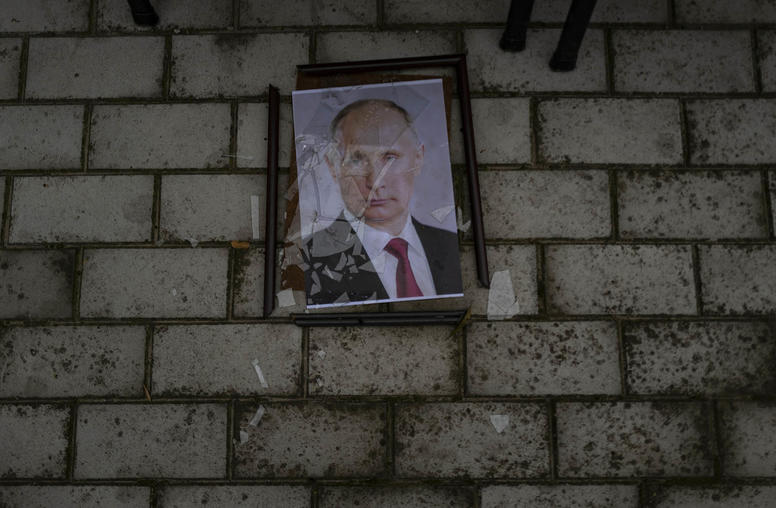
How the ICC’s Warrant for Putin Could Impact the Ukraine War
The International Criminal Court (ICC) announced last Friday that it had issued arrest warrants for Russian President Vladimir Putin and Presidential Commissioner for Children’s Rights Maria Lvova-Belova. According to a statement issued by the ICC, Putin and Lvova-Belova are alleged to have committed the war crimes of “unlawful deportation of population (children) and that of unlawful transfer of population (children) from occupied areas of Ukraine to the Russian Federation” beginning in at least February 24, 2022. USIP’s Lauren Baillie, Heather Ashby and Mary Glantz discuss the impacts of these warrants on Putin and on the war in Ukraine.
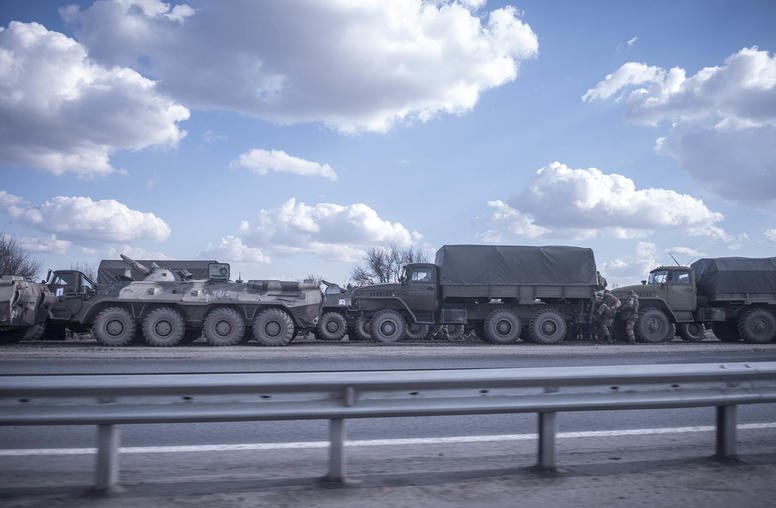
What Does the Wagner Mutiny Mean for Putin and His War on Ukraine?
Before Vladimir Putin launched his illegal war on Ukraine, the Russian-funded paramilitary Wagner Group was an infamous, shadowy tool of Moscow’s foreign policy, advancing its objectives in the Middle East and Africa. After Putin’s February 2022 invasion, the private miliary company — led by Putin’s former chef, Yevgeny Prigozhin — became a critical cog of the Russian military’s war effort. But as cracks emerged across Russian society and within the elite over the war, Prigozhin has been one of the most outspoken critics, alienating his adversaries in Russia’s defense ministry. Eventually, Putin sided with Priogzhin’s opponents ordering Wagner to be officially subsumed within Ministry of Defense.
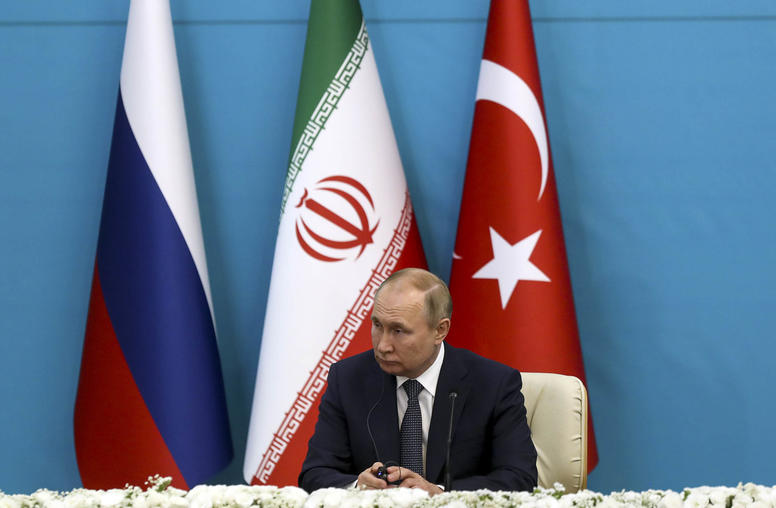
What You Need to Know About Russia’s New Foreign Policy Concept
On March 31, Russia released a new “foreign policy concept,” articulating Moscow’s global priorities and focus for the future. The Kremlin’s last foreign policy concept was released in 2016, two years after its invasion of Ukraine and annexation of Crimea. In the years since, Moscow has demonstrated its increasing disdain for the rules-based international order and antagonism toward the United States and its European NATO partners. The 2023 document is Russia’s first comprehensive foreign policy statement since its February 2022 invasion of Ukraine, revealing how Moscow sees the war a year later and its vision for an emergent multipolar world.
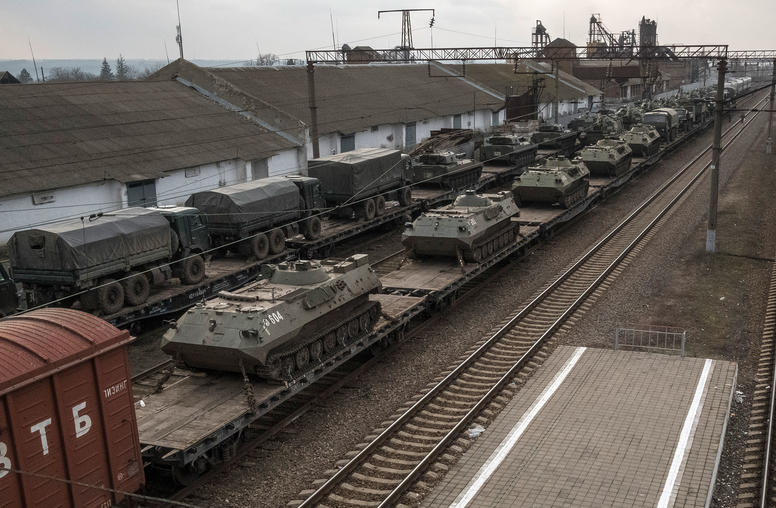
How Putin’s Invasion of Ukraine Affects the Rest of Russian Foreign Policy
USIP’s Heather Ashby, Jude Mutah, Andrew Scobell and Mona Yacoubian examine how the invasion of Ukraine might have shifted Moscow’s decision-making in other regions — such as Syria, the Sahel and China.
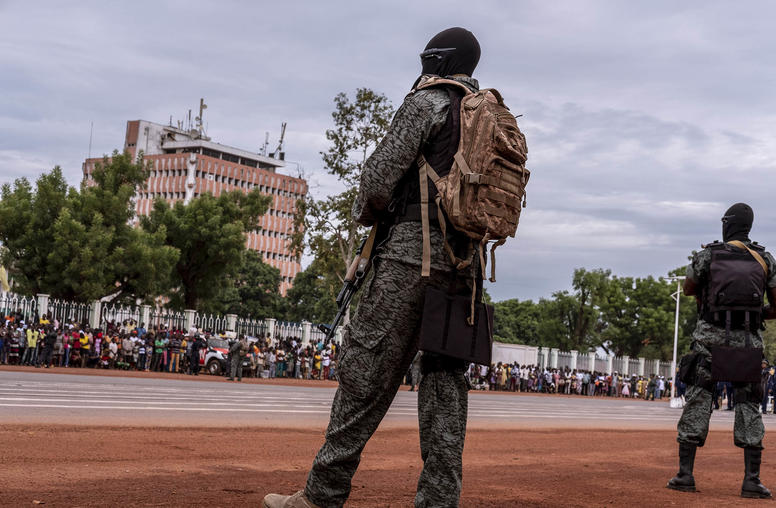
Russia’s Wagner Uprising Will Force a Kremlin Reshuffle in Africa
Three weeks after Russia’s Wagner Group mounted an armed uprising against authorities in Moscow, the still-swirling fallout will force changes in the mercenary group’s operations in Africa. The open outbreak of conflict among rival armed factions that Vladimir Putin sponsors as props of his autocratic regime will now force him to find new managers for his strategy of seeking influence and resources through strongmen and warlords in unstable African countries. These developments open an opportunity for Africans and the West to better illuminate Russia’s corrupt, often brutal methods in Africa, and their consequences.